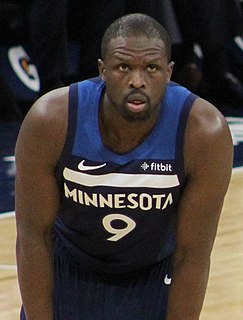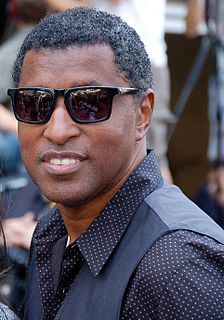A Quote by Rebecca Hamilton
I feel really uncomfortable writing about Sudan when I'm not there. It always looks different. When you're outside Sudan it's easy to lose sight of how much of what happens is driven by local politics. And when you're in America in particular, there's this sense that what D.C. has to say is the only thing that counts.
Related Quotes
I try not to cover Sudan from afar. I feel really uncomfortable writing about Sudan when I'm not there. It always looks different. When you're outside Sudan it's easy to lose sight of how much of what happens is driven by local politics. And when you're in America in particular, there's this sense that what D.C. has to say is the only thing that counts. Unsurprisingly people in Sudan don't feel the same way.
For sure I see so much in Sudan that is wonderful, normal life - young entrepreneurs starting up NGO projects, kids mucking around and being kids. Everything else that happens in normal life in any part of the world, and we never get that in our media coverage. We only talk about Sudan once it's in crisis, so we end up with a distorted sense of what daily life is like for a lot of people.
There's a huge misconception that it's all about the oil, and the truth is there's actually not much oil left in Abyei. The misperception arose because when the peace agreement was signed in 2005, Abyei accounted for a quarter of Sudan's oil production. Since then, the Permanent Court of Arbitration in The Hague defined major oil fields to lie outside Abyei. They're in the north now, not even up for grabs, and they account for one percent of the oil in Sudan. The idea that it's "oil-rich Abyei" is out of date.
It's best to think of these as two things - they're related, but there's different dynamics going on with each of them. A key difference is Abyei is contested territory. We still do not know whether Abyei is going to belong to the new country of South Sudan or effectively the new country of Sudan, the northern part. That was supposed to be decided by a referendum in January; that referendum never happened, so it was being dealt with through political negotiations.
In 2009, I traveled to South Sudan with my organization PSI. While there, I visited a local school and met with a group of children who had formed a water club. The group learned about how to treat their drinking water and use proper hygiene practices, such as washing their hands before eating or after going to the bathroom.


























